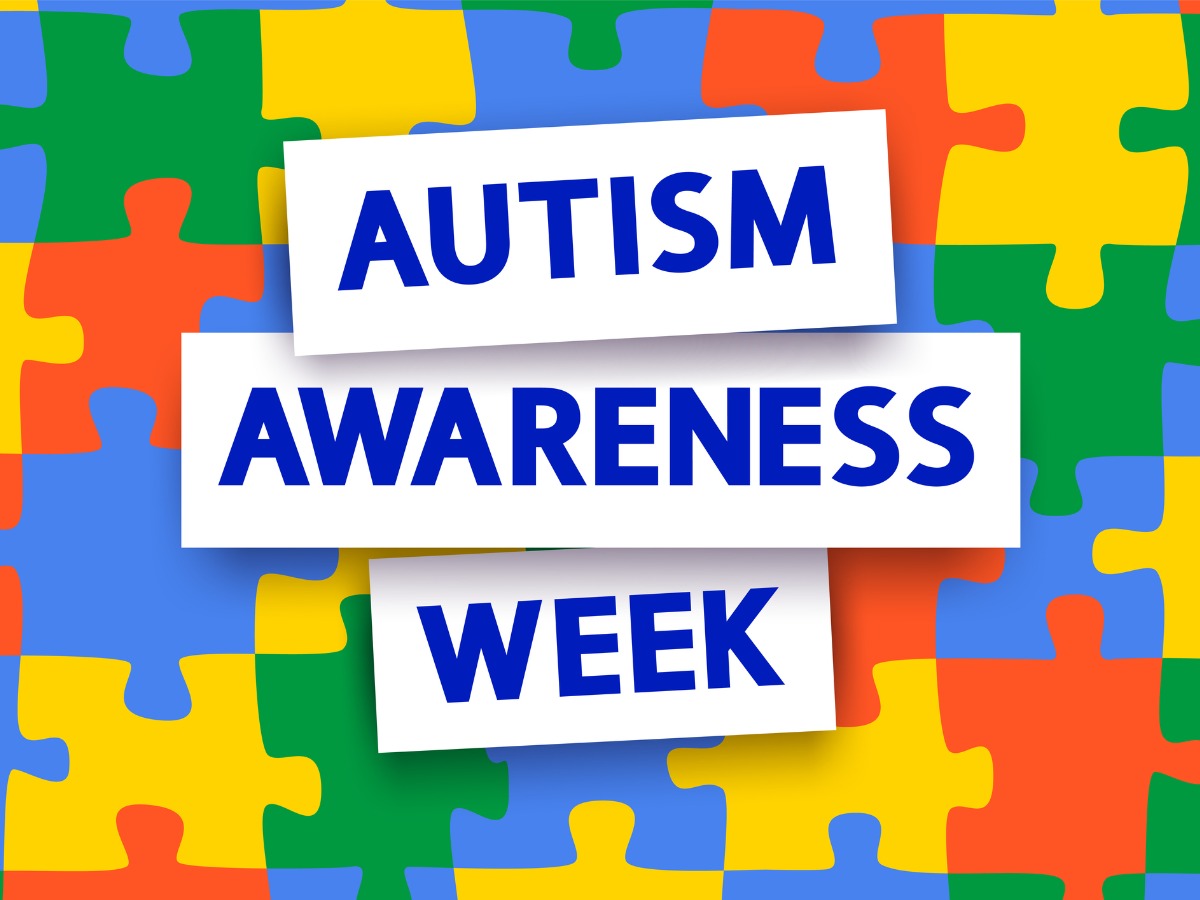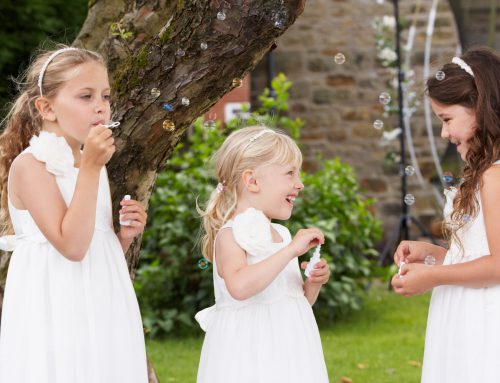World Autism Acceptance Week

World Autism Acceptance Week is a global event that takes place every year, usually from March 26th to April 2nd, and is designed to raise awareness about autism and promote acceptance and understanding of people with autism. Autism spectrum disorder (ASD) is a neurodevelopmental disorder that affects communication, social interaction, and behavior, and it affects people of all ages, races, and cultures. According to the Centers for Disease Control and Prevention (CDC), approximately 1 in 54 children in the United States is diagnosed with ASD, making it one of the most prevalent developmental disorders in the country.
As part of World Autism Acceptance Week, many organizations, schools, and communities around the world hold events and activities to promote awareness and acceptance of people with autism. One of the most important aspects of this week is to recognize the need for early intervention and support for children with autism. This is especially important when working with children with special needs, as early intervention can have a significant impact on their development and improve their chances of success later in life.
When working with children with special needs, it’s important to have a clear understanding of what autism is and how it affects children. Autism is a complex disorder that can manifest in a variety of ways, and no two children with autism are the same. Some children with autism may have difficulty with social communication, while others may have sensory processing issues or repetitive behaviors. As a result, working with children with autism requires a personalized and individualized approach that takes into account their unique needs and challenges.
One effective approach for working with children with autism is Applied Behavior Analysis (ABA). ABA is a research-based therapy that focuses on using positive reinforcement to teach new skills and behaviors. ABA therapy can be used to teach a wide range of skills, including social communication, self-care, and academic skills. ABA therapy is highly individualized and tailored to each child’s needs, which makes it an effective approach for working with children with autism.
Another important aspect of working with children with special needs is creating an inclusive environment that supports their growth and development. Inclusive environments are designed to meet the needs of all children, regardless of their abilities or disabilities. Creating an inclusive environment requires a team effort, with parents, educators, therapists, and other professionals working together to provide support and resources for children with special needs.
One effective way to create an inclusive environment is to incorporate Universal Design for Learning (UDL) principles into education and therapy. UDL is an approach to education that recognizes the diversity of learners and provides multiple means of representation, expression, and engagement to support their learning. UDL principles can be applied to a variety of settings, including classrooms, therapy sessions, and community activities.
When working with children with autism, it’s also important to focus on their strengths and abilities, rather than just their challenges. Children with autism have unique talents and abilities, and by focusing on their strengths, we can help them build confidence and achieve their full potential. For example, some children with autism may have a talent for music or art, and by providing opportunities for them to explore these talents, we can help them develop their skills and improve their self-esteem.
In addition to providing individualized therapy and creating inclusive environments, it’s also important to educate others about autism and promote acceptance and understanding in the community. This can be done through a variety of means, such as hosting educational events, promoting awareness through social media, and advocating for policies that support children with autism and their families.
During World Autism Acceptance Week, there are many ways to get involved and show support for children with autism and their families. Some ideas include wearing blue, the color of autism awareness, sharing information about autism on social media, attending community events, and volunteering with organizations that support children with autism.









